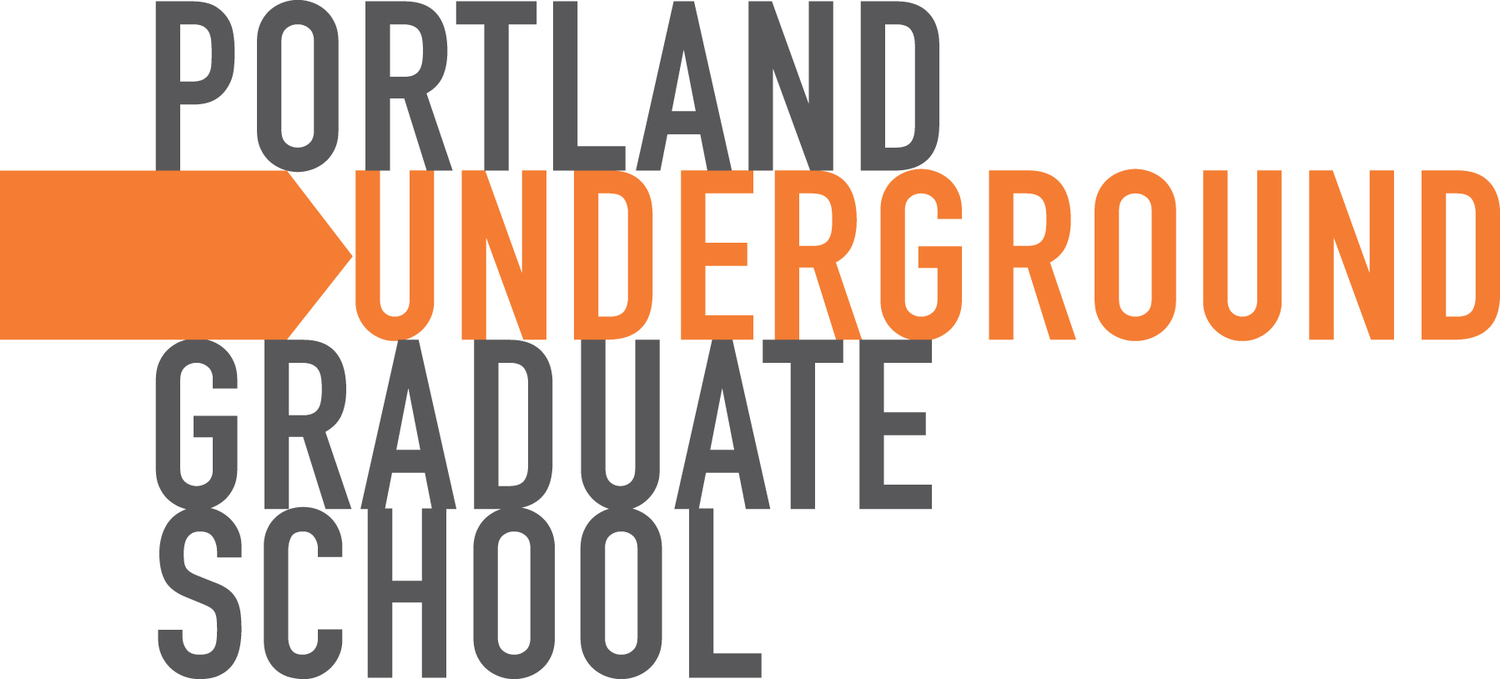Redefining Food Justice for Social Change
Taught by Carolyn White, M.P.A.
“The people who give you their food give you their heart.”
Feel free to bring something to share! No need to go all out if you don't have time; something small and simple is always welcome. Suggestion: bring a 3x5 card with ingredients to inform people with dietary restrictions (meat, dairy, nuts, gluten, etc).
Our food system is corporatized, industrialized and globalized. The local, non-GMO and organic food movements lead the charge to affect policy change, yet often exclude a critical discussion of social justice. Inclusive change requires overlapping efforts of the social and food justice movements. This class examines how these movements are intrinsically linked, focusing on jobs, labor, structural racism and socioeconomic disparity. We’ll explore how we can cultivate an equitable and fair food system by breaking down barriers, challenging conventions, and redefining the way we think about food.
Week 1: Food Justice 101: A Survey of Critical Issues
The way food is corporatized, distributed, and marketed affects our communities, health, and future. We’ll discuss social factors within our food system, with an emphasis on public health, hunger, and access. This class will survey past and present food movements and explore the barriers that hinder a comprehensive approach to addressing problems within our food system.
Week 2: Beneath the Surface: Structural Racism + The Root Causes of Inequity
Negative externalities exist within each stage of our food system—from production to consumption—and they hit underserved and communities of color the hardest. We’ll think critically about our global and local food system through the lens of structural racism. How has land been dispossessed due to urbanization policies? How does disinvestment in communities of color widen the food gap? We’ll look at systems, cycles and cause and effect models to guide our exploration.
Week 3: In the Fields: Understanding Farmworkers + Labor Unions
It’s estimated that 80,000 Mexican immigrants reside in Oregon, many of them highly vulnerable to exploitation as farmworkers. We’ll learn about Pineros y Campesinos Unidos del Noroeste (PCUN), Oregon’s farmworker labor union, and their work to advance the rights and empowerment of migrant farmworkers. We’ll consider issues including employment benefits, housing, health, child labor and discrimination.
Week 4: On the Streets: Cultivating Equity in Our Communities.
Equity is integral to food justice and it’s time to walk the walk. How can we move closer to institutionalized equity and fairness within our food system and in our communities? How can we simultaneously participate in the food justice movement while actively working to dismantle racism? Let’s energize around shifting our food system in a socially just direction. We’ll talk with and learn from representatives of local organizations working to create a just food system.

